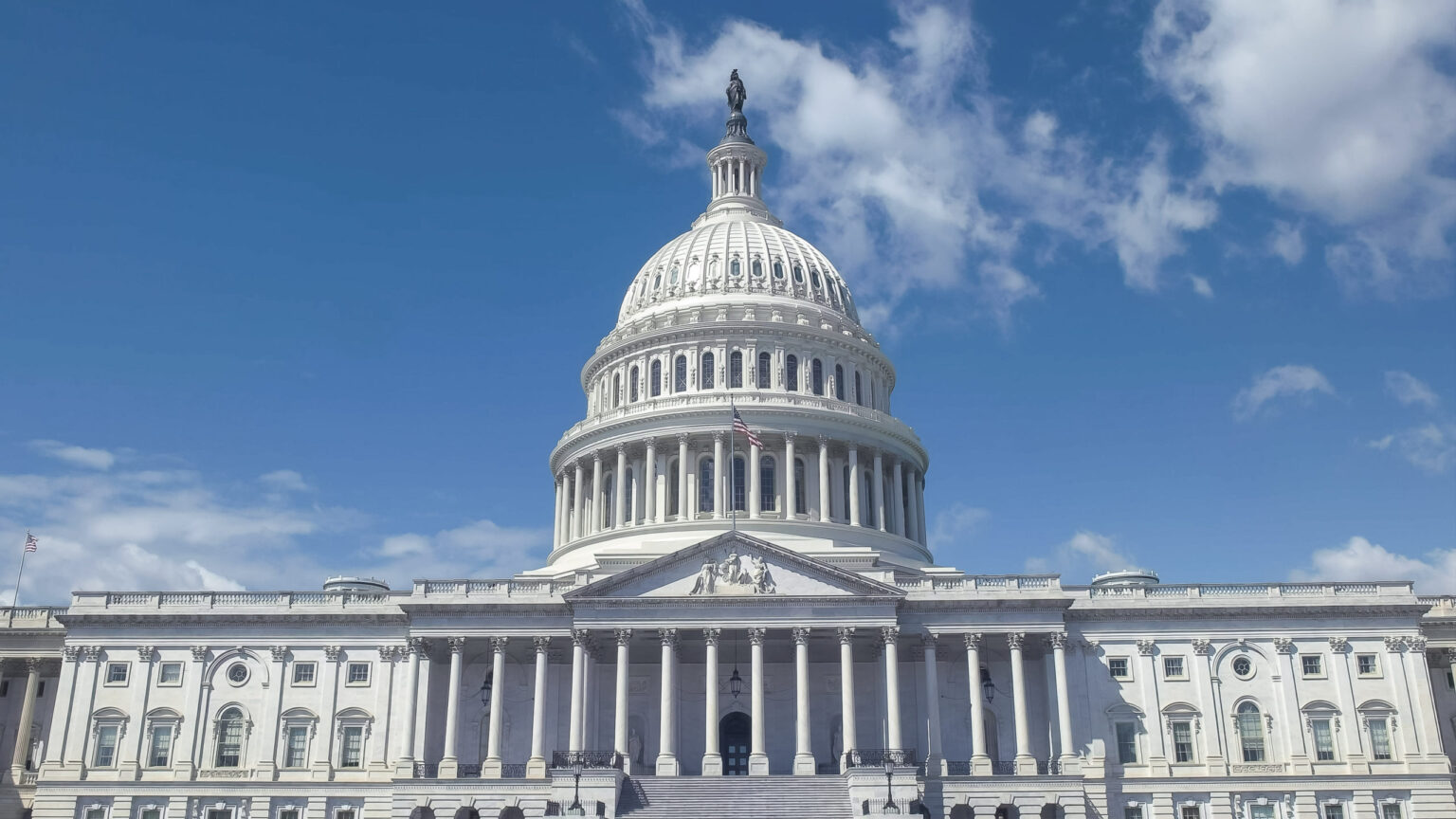The nursing home industry is facing a potential shake-up as Congress debates budget resolutions that could significantly impact Medicaid funding and the recently implemented staffing mandate. While a Senate bill proposes repealing the mandate, experts warn that this could lead to substantial Medicaid cuts, creating a complex situation for providers.
The Senate and House are currently working on separate budget resolutions. The House is tasked with cutting $880 billion in costs over the next decade, with Medicaid likely being a target. However, Senate Republicans are proposing a two-bill approach, with the first bill focusing on immediate spending reductions, including the repeal of the nursing home staffing mandate.
This mandate, designed to improve resident care, was projected to cost the federal government $22 billion over ten years, according to a Congressional Budget Office (CBO) report. Interestingly, the CBO estimate doesn’t specify the exact nature of these costs, which are distinct from those placed on providers by the Centers for Medicare & Medicaid Services (CMS) rule. The CMS rule itself projected Medicare savings of $318 million annually starting in its third year. Industry experts are still trying to understand the discrepancy, but some believe it relates to Medicaid cost-reporting that could lead to increased federal spending over time.
Repealing the mandate would be a welcome relief for nursing homes, but it might come at a steep price. If the Senate’s approach is adopted, deeper budget cuts, potentially targeting Medicaid, would likely follow. These cuts could take various forms, such as capping federal spending for the program, creating block grants, or forcing states to reduce reimbursement rates for nursing homes and other providers.
“It is Medicaid, not Medicare, that is the primary payer of long-term care in this country,” said Amber Christ, managing director of health advocacy at Justice and Aging. This is a critical point, as over 60% of nursing home residents rely on Medicaid to cover their care costs. Cuts to Medicaid could severely impact access to care for these individuals.
The potential impact of Medicaid cuts has sparked protests and concerns across the industry. In Pennsylvania, around 200 nursing home workers recently rallied to protect Medicaid funding, highlighting the challenges faced by providers due to low reimbursement rates. “We should be expanding Medicaid, not cutting it,” stated Matt Yarnell, president of SEIU HCPA, emphasizing the need for collaborative solutions involving owners, operators, elected officials, and community members.
While the future of Medicaid funding remains uncertain, the proposed repeal of the staffing mandate and the potential for significant budget cuts have created a complex and potentially challenging landscape for the nursing home industry. The coming weeks will be crucial in determining the final shape of these budget resolutions and their impact on providers and residents alike.


